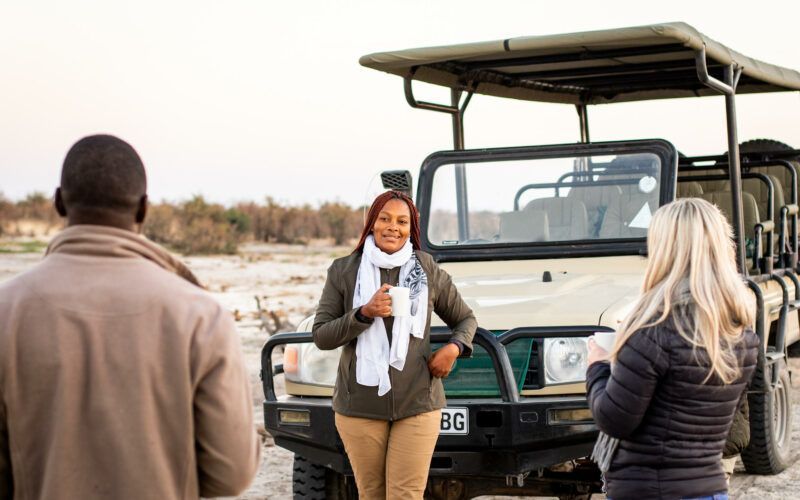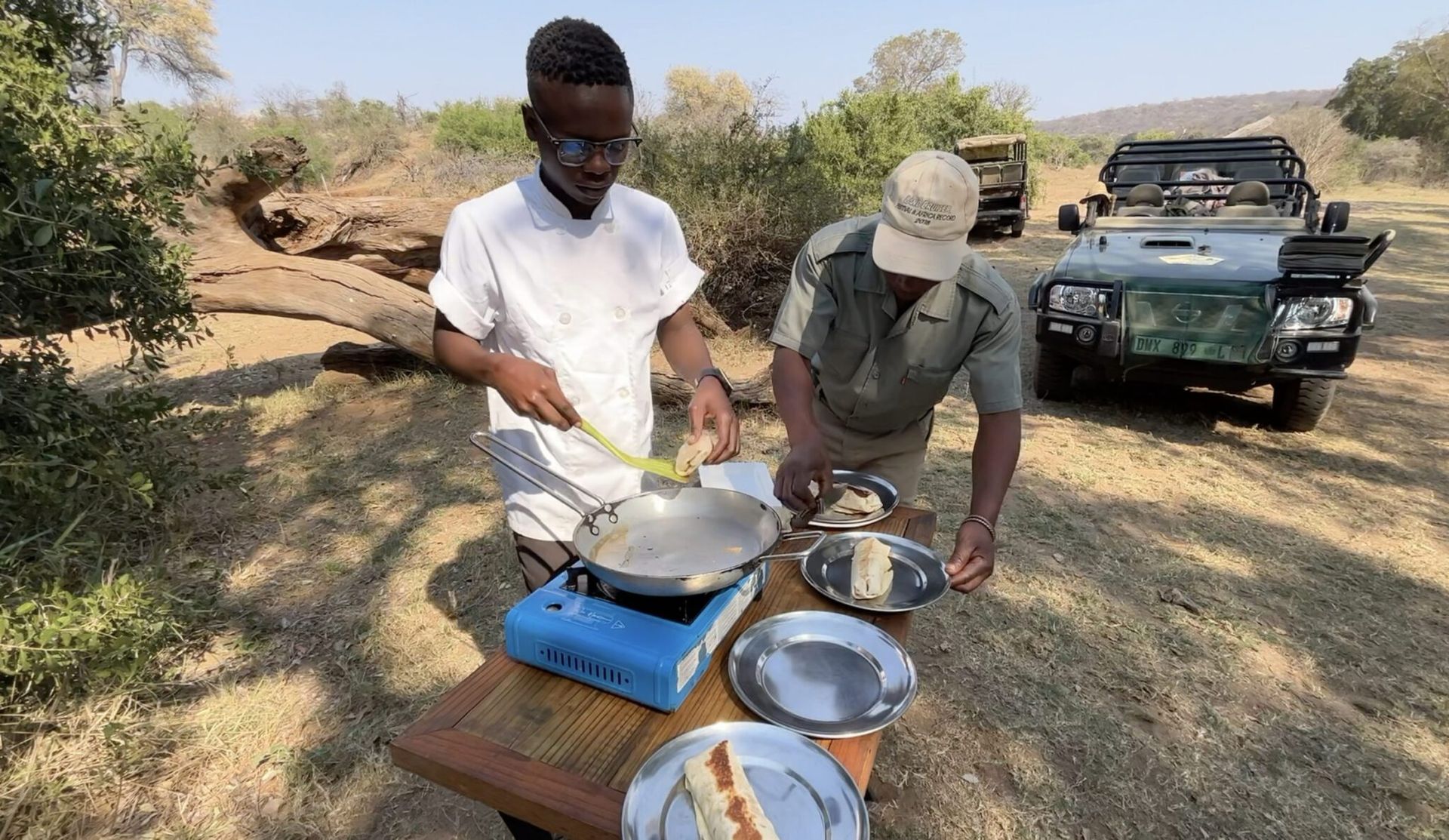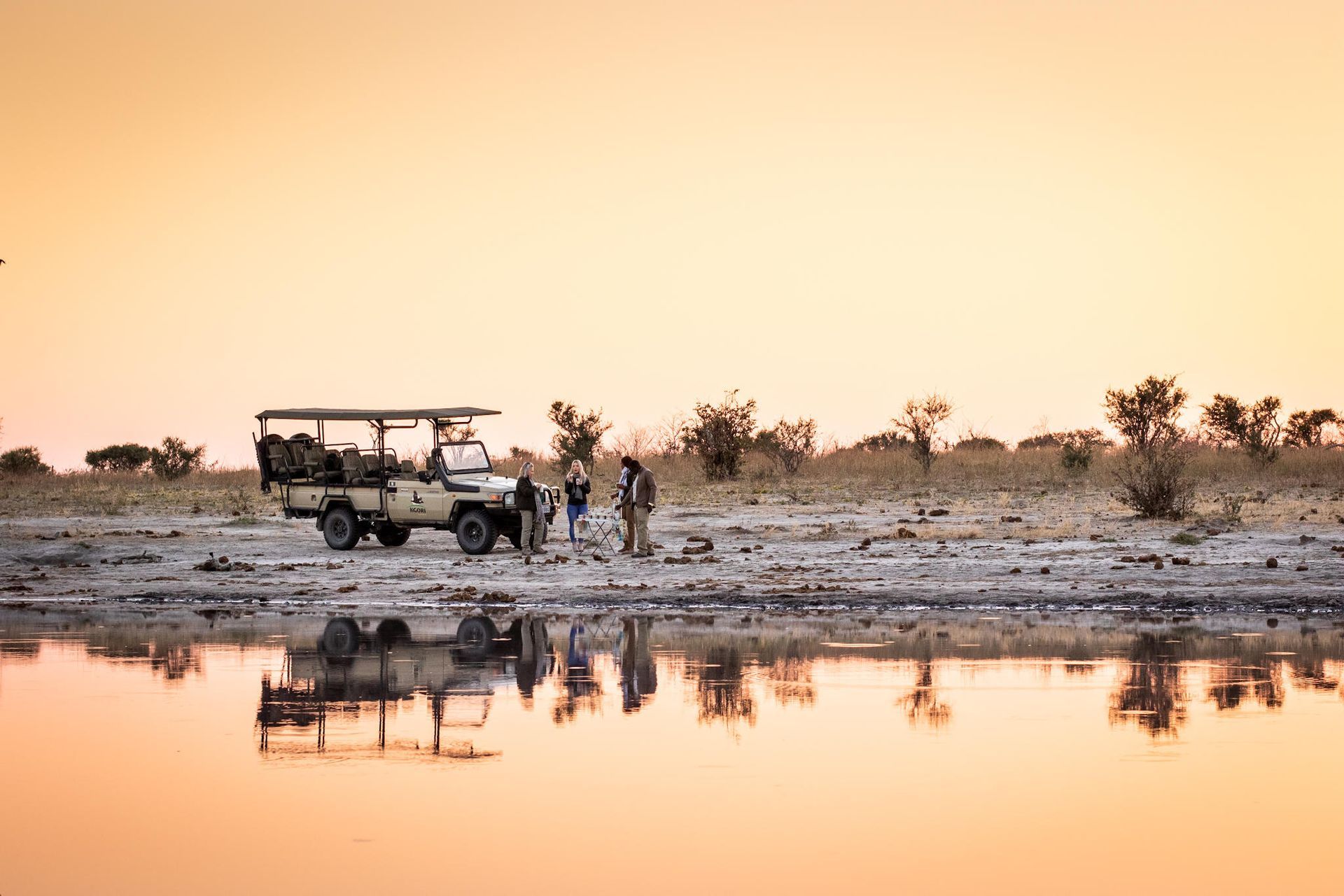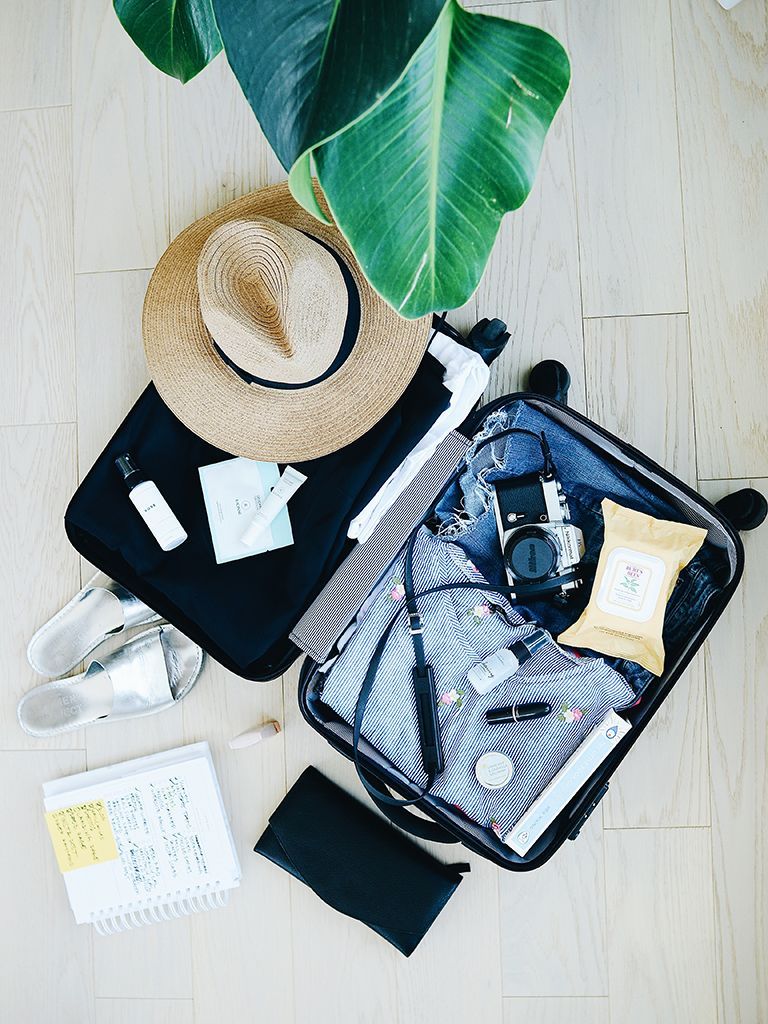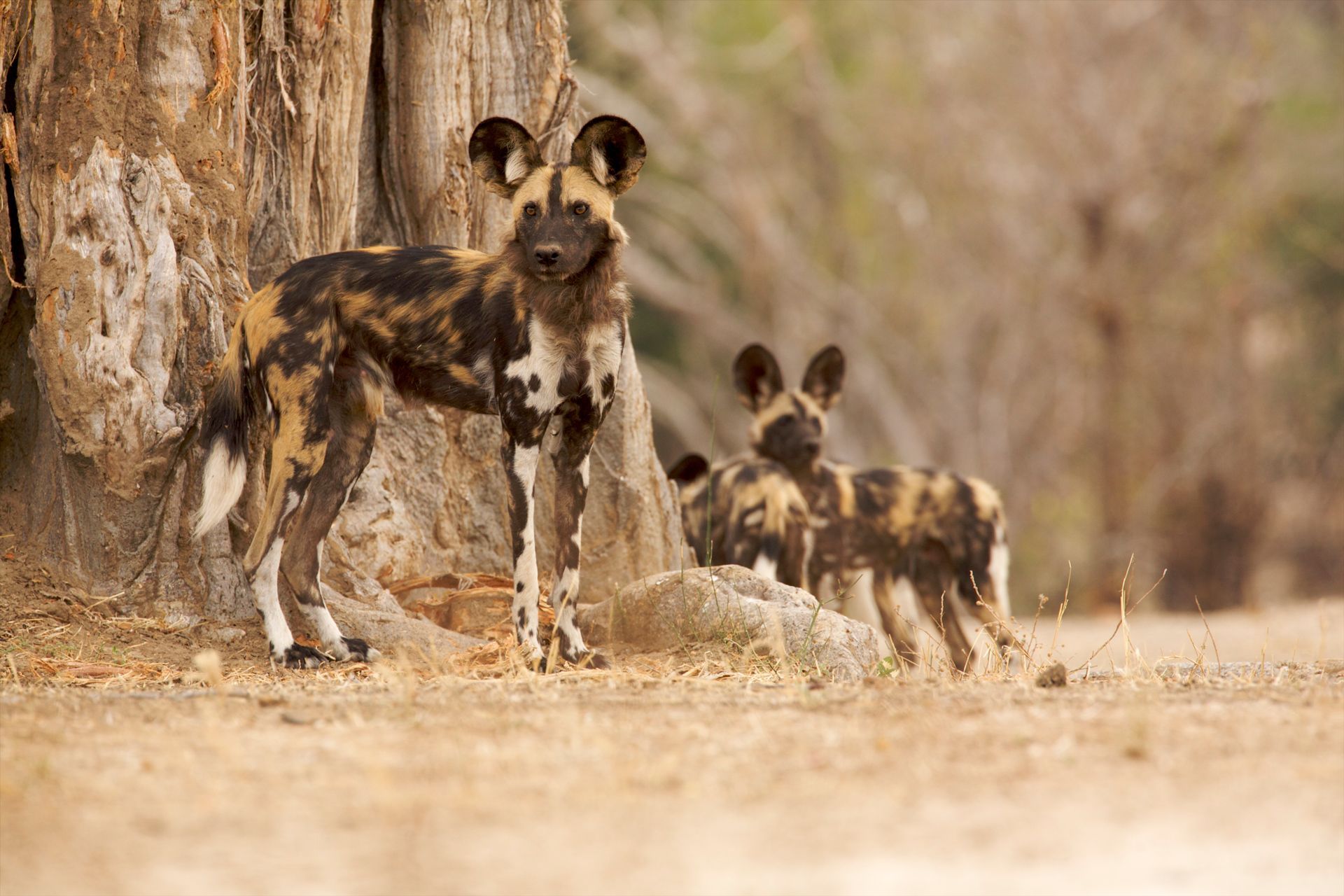Travelers have long journeyed to the bush in search of the Big Five and dramatic sunsets, but an emerging movement is reshaping what a safari can be. Conservation‑based travel asks guests to do more than passively view wildlife; it invites them to become part of the solution by supporting local people and ecosystems. In the Greater Kruger, community partnerships are the backbone of truly sustainable tourism. Staying at Bundox Safari Co. is about more than indulgent lodges and tented camps; it’s about forging human connections and leaving the landscape better than you found it.
These journeys are not just high‑end escapes; they are immersive cultural exchanges. At Khanya Conservation Camp in particular, the focus is on meaningful participation. Conservation‑based safaris have moved beyond fringe status to become a defining trend in Southern Africa. Camps like Khanya take it further, giving guests hands-on opportunities to contribute to wildlife protection and community upliftment. When your guide speaks of a lion’s roar and a child’s education in the same breath, you know you’re travelling with purpose.
Key Takeaways
- Empowered communities are essential, conservation is most effective when local people are partners, not bystanders.
- Immersive experiences build empathy, activities like camera‑trap projects or fireside storytelling encourage travellers to understand wildlife and people on a deeper level
- Sustainable tourism is a win‑win, responsible safari lodges fund conservation and create jobs, while guests return home as ambassadors for the African wilderness
- Choose lodges that give back, Bundox Safari’s camps, from Amava River Lodge to Khanya Conservation Camp, prioritise local employment and community initiatives.
Why Community Matters in Conservation
Conservation is no longer just the remit of scientists and rangers. Human, wildlife conflict, habitat loss and climate change threaten Africa’s wilderness areas. Tourism can fund protection, but it’s only sustainable when the people who live alongside wildlife see tangible benefits. That’s why programmes at camps like Khanya include education, job creation and community resource management. For local families, conservation isn’t an abstract ideal; it’s a source of long‑term empowerment.
When you stay with Bundox Safari, you’re supporting these programmes simply by being there. A portion of your nightly rate goes toward anti‑poaching initiatives, community projects and wildlife monitoring. Guests often join guides on foot to inspect tracking collars or collect data, learning how their visit funds protection for elephants and lions. In this model, travellers aren’t just spectators; they are partners.
Bundox Safari’s Partnership with Local People
Bundox Safari Co. operates with a philosophy rooted in collaboration. At Khanya Conservation Camp, they describe their mission as “promoting] conservation in its truest form by offering guests an immersive safari experience that enables them to leave feeling that they have made a meaningful contribution”. This ethos extends beyond the campfire. Many of the guides and staff members come from neighbouring communities, and Bundox Safari works with local organisations to support schools and clinics.
By hiring locally, providing training and purchasing goods from nearby villages, Bundox Safari ensures that tourism revenue circulates close to home. That economic investment helps families see the value of keeping the bush intact. When travellers opt for a stay at Bundox Safari, they indirectly support these livelihoods. It’s a partnership built on respect and shared stewardship.
Cultural Experiences for Guests
A safari with Bundox Safari isn’t limited to game drives. You might set a camera trap with a field guide and then download photos of elusive nocturnal creatures before you depart. You could learn to identify medicinal plants like the Sjambok tree, whose roots treat various ailments, or watch a Black‑headed Oriole while your guide explains its cultural symbolism. Around the fire, interactions and discussions about the day’s events replace scrolling through a phone.
Bundox Safari camps encourage cultural exchange. Guests often visit nearby villages, learning about local customs and crafts, or meet staff members’ families. Meals highlight regional produce and recipes; a traditional braai might be accompanied by stories of how the dish connects to the land. These experiences transform a holiday into a dialogue.
The Long‑Term Benefits of Eco‑Tourism
Conservation‑based safaris aren’t just a passing trend; they are widely recognised as the future of responsible travel. Travellers leave with a renewed sense of purpose and a deeper understanding of Africa’s delicate ecosystems. Many return home as vocal ambassadors for wildlife protection, spreading the message and supporting conservation efforts.
For local communities, the benefits are even more immediate. Sustainable tourism creates jobs, funds education and bolsters healthcare services. It also reduces reliance on activities that harm wildlife, such as poaching or unsustainable farming. When people have a stake in preserving their environment, conservation becomes a shared mission.
How to Travel with Purpose in Kruger
If you’re inspired to incorporate community and conservation into your next safari, start by choosing lodges that prioritise both. Bundox’s portfolio offers options for different travel styles:
- Amava River Lodge: A tented camp overlooking the Olifants River where wildlife wanders past your deck and your stay supports riverine ecosystem projects.
- Bundox Safari Explorer Camp: A back‑to‑basics tented camp where you can join guides on foot, learning about tracking and habitat restoration.
- Khanya Conservation Camp: A rustic retreat where guests assist with camera‑trap projects and help collect data on local wildlife.
During your stay, ask how you can get involved. Participate in walking safaris that include tracking or data collection, visit nearby schools or community projects, and support local artisans by purchasing souvenirs directly. Most importantly, listen. The guides and staff have lived experiences and stories to share that will enrich your understanding of the land.
Are you Ready?
If you’re ready to experience a safari that leaves a positive impact on both wildlife and people, consider planning your next escape with
Bundox Safari Co.. Explore the tranquil riverfront setting at Amava River Lodge, join a conservation‑focused adventure at Khanya Conservation Camp or relax in comfort at one of Bundox Safari’s private villas. To learn more or start planning your journey, reach out via their
contact page. By travelling with purpose, you help ensure that Africa’s wild spaces and the communities who steward them will thrive for generations to come.
